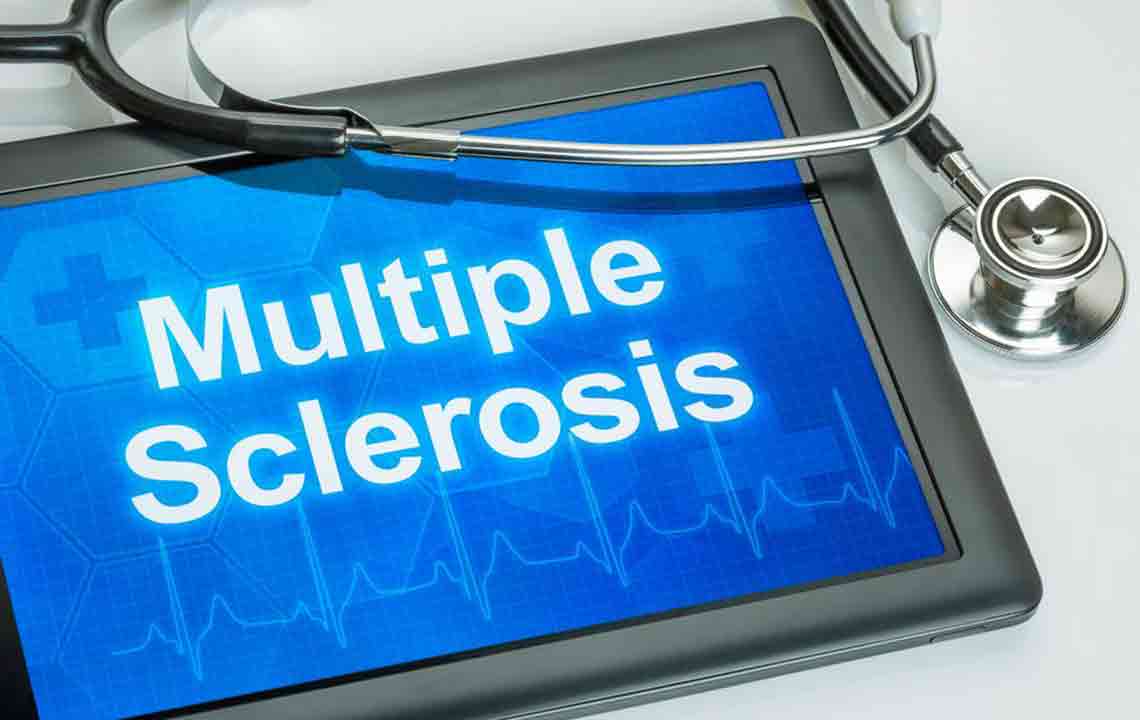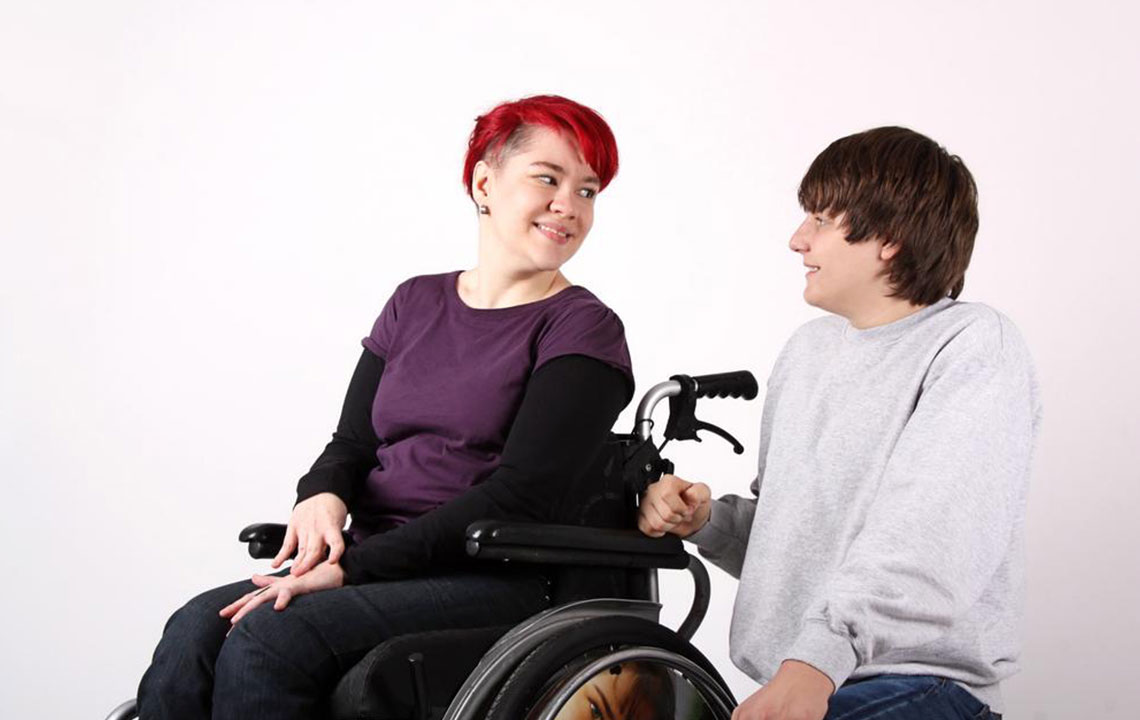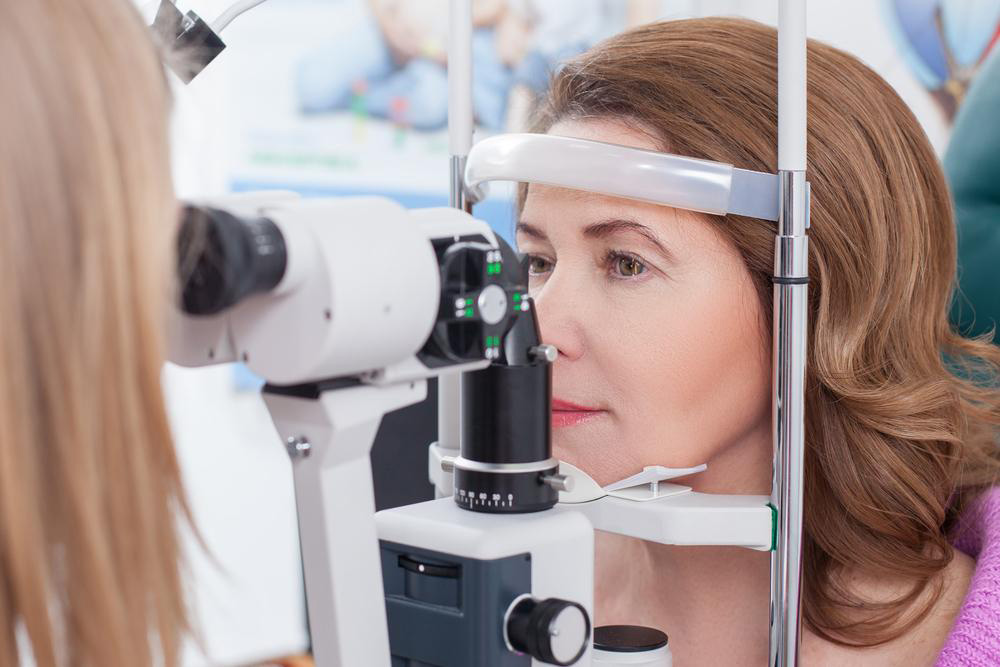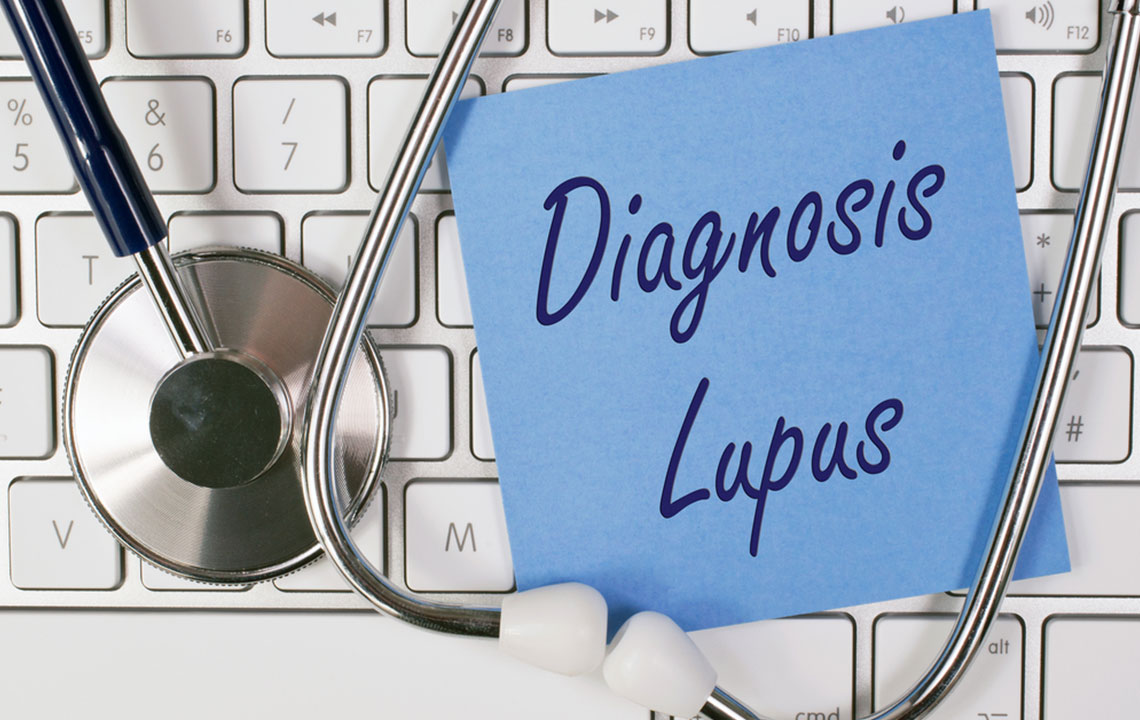Strategies for Early Detection of Autoimmune Conditions
Early detection of autoimmune diseases is crucial for effective treatment. Key strategies include noting family history, tracking symptoms, requesting specific autoimmune tests, and consulting specialists. These steps can help clinicians diagnose autoimmune conditions more accurately and promptly. Understanding the importance of patient cooperation and awareness can significantly improve health outcomes.
Sponsored

Autoimmune disorders occur when the immune system mistakenly targets the body's own healthy tissues, impairing organ function and structure. These illnesses often present with symptoms similar to other common health issues, making diagnosis challenging. Medical professionals may initially dismiss these symptoms as stress or organ problems. There are approximately 80 different autoimmune diseases, each requiring specific diagnostic approaches. However, common tests such as assessing organ function and inflammation levels are usually employed to help identify these conditions.
While these tests are fundamental, they are often not definitive alone. Blood tests for auto-antibodies, which indicate the immune system attacking healthy cells, are crucial for rapid diagnosis. Patient cooperation and awareness also play vital roles in timely detection. Here are helpful tips to facilitate accurate diagnosis:
Family Medical History: Autoimmune diseases tend to run in families. Sharing this information with your doctor can guide the evaluation process and assess your risk levels.
Monitor Symptoms Regularly: Autoimmune symptoms can come and go, with periods of remission and flare-ups. Keeping a detailed record of symptoms, their severity, and activities or foods during flare-ups can assist in diagnosis.
Request Specific Tests: Since symptoms often overlap with other ailments, patients should consider discussing autoimmune tests with their healthcare providers, especially if suspicion arises.
Consult a Specialist: Persistent symptoms that remain unexplained warrant a second opinion. Seek out doctors experienced in autoimmune disorders for an accurate diagnosis.






